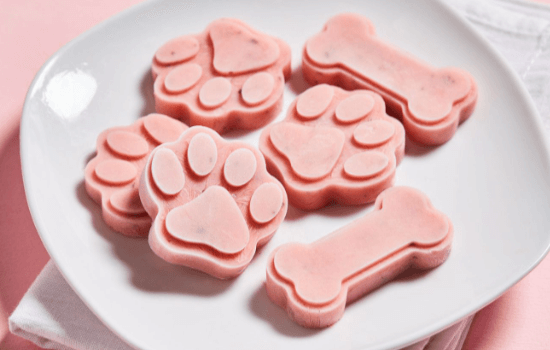The Power of Dog Treats: Enhancing Training and Bonding with Your Pet

Dog owners often face the challenge of training their furry friends effectively. Whether teaching basic commands or simply bonding with your pet, treats are crucial in these processes. A dog treat serves multiple purposes, making training more accessible and enjoyable for you and your pet. Let’s find out more about them!
Enhancing Training Sessions
One of the primary benefits of dog treats is their effectiveness in training. When used correctly, these can serve as powerful motivators. Imagine getting your pet to sit, stay, or roll over without reward. It would be a lot harder, wouldn’t it? These provide immediate positive reinforcement, helping your dog understand desirable behaviours.
Building a Strong Bond
Treats are not just tools for training. They are also a means of building a stronger bond with your dog. Rewarding your pet with them creates a positive association with you and the training activities. This reinforcement strengthens your relationship. It also makes your pet more eager to please and attentive to your commands.
Supporting Good Health
Choosing the right treats is essential, especially those that contribute to your dog’s overall health. Many high-quality options are fortified with vitamins, minerals, and other nutrients that support your dog’s well-being. For instance, treats made with natural ingredients can promote better digestion and shinier coats. Always check the ingredients to ensure you’re providing your pet the best.
Encouraging Positive Behavior
Here are some key points on how such treats can encourage positive behaviour:
- Immediate Reward: Pets respond best to immediate rewards. They will likely repeat the behaviour when they perform a desirable action and receive a treat immediately.
- Focus and Attention: During training sessions, these can help keep your pet focused and attentive. This makes the learning process smoother.
- Reduces Anxiety: Offering treats in stressful situations, like vet visits, can help create a more relaxed environment.
- Prevents Destructive Behaviour: By rewarding good behaviour with these, you can avoid or reduce destructive behaviours such as chewing on furniture.
Introducing Variety and Fun
Variety is the spice of life, and this is also true for dogs. Introducing different types of treats can make training more exciting for your pet. Some are specifically designed to last longer. They provide mental stimulation and keep your pet engaged. Puzzles or chew toys can also serve as great tools for mental enrichment, preventing boredom and its associated negative behaviours.
Aiding in Socialisation
Treats can be invaluable when socialising your pet with other animals or people. By offering treats in social situations, you can create positive associations and reduce fear or aggression. This is particularly important for puppies with limited exposure to different environments.
Tips for Effective Use of Treats
To maximise the benefits of pet treats, consider these tips:
- Consistency: Use them consistently as rewards for desired behaviours. This helps your pet understand which actions are being rewarded.
- Timing: Reward your pet immediately after the desired behaviour. This helps to reinforce the proper connection between the behaviour and the treatment.
- Portion Control: Be mindful of the size and overall quantity given. These should not exceed 10% of your dog’s daily caloric intake.
- Variety: Introduce different treats to keep your pet interested and motivated.
Incorporating dog treats into your training routine is more than just giving your pet a tasty snack. It’s about using positive reinforcement to teach good behaviour. This builds a stronger bond and supports your dog’s overall health. Whether you’re tackling basic obedience training or advanced tricks, these can make the process more enjoyable and effective. Just remember to choose healthy options and use them wisely to avoid overfeeding. With the right approach, treats can be powerful in nurturing a happy, well-behaved, and healthy dog.






